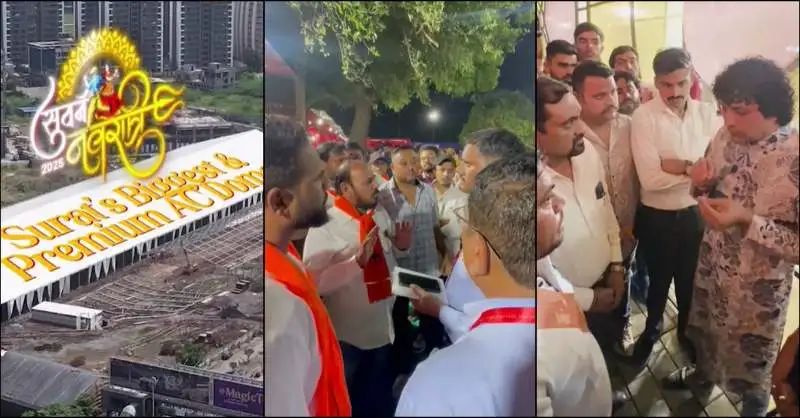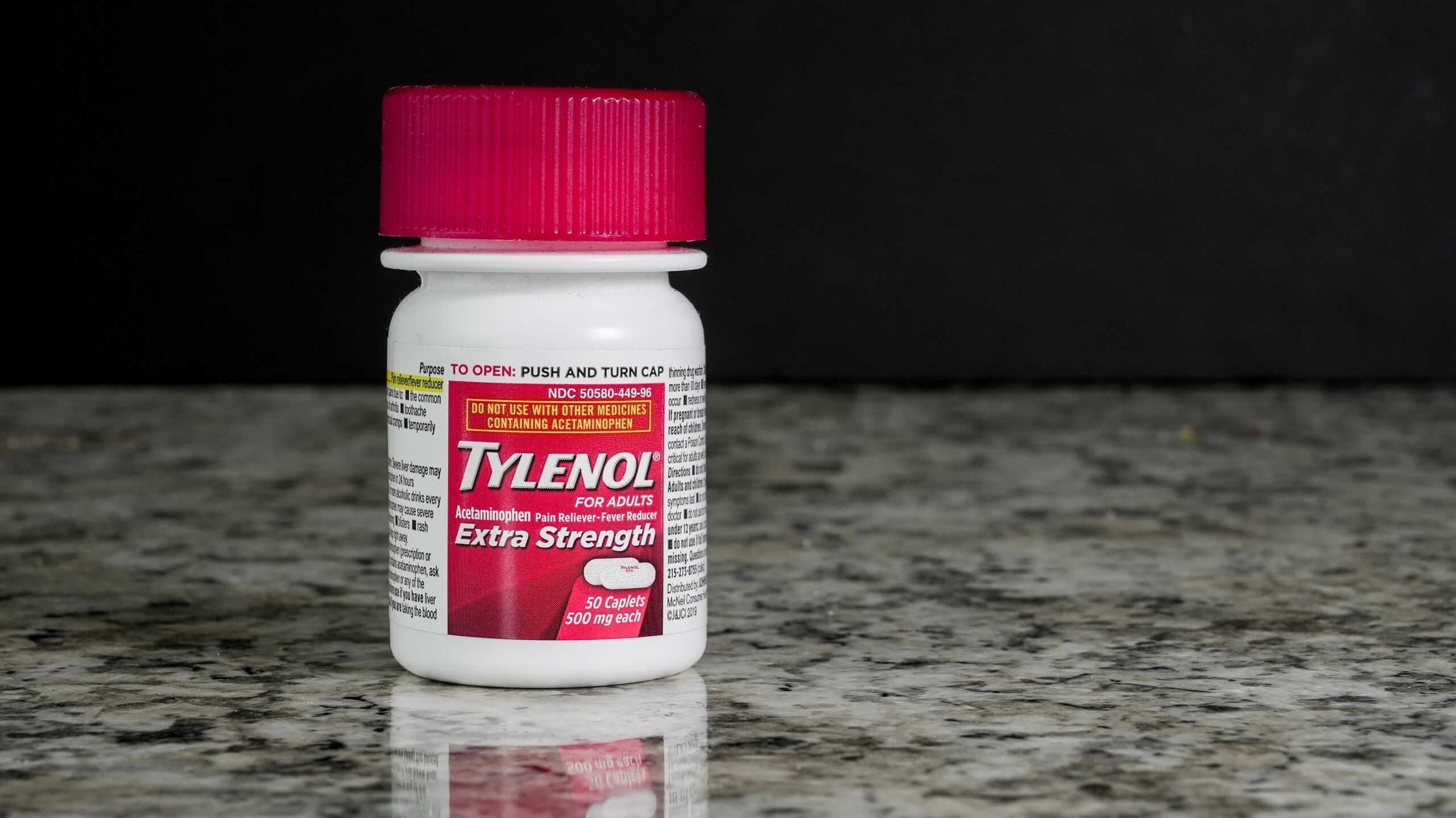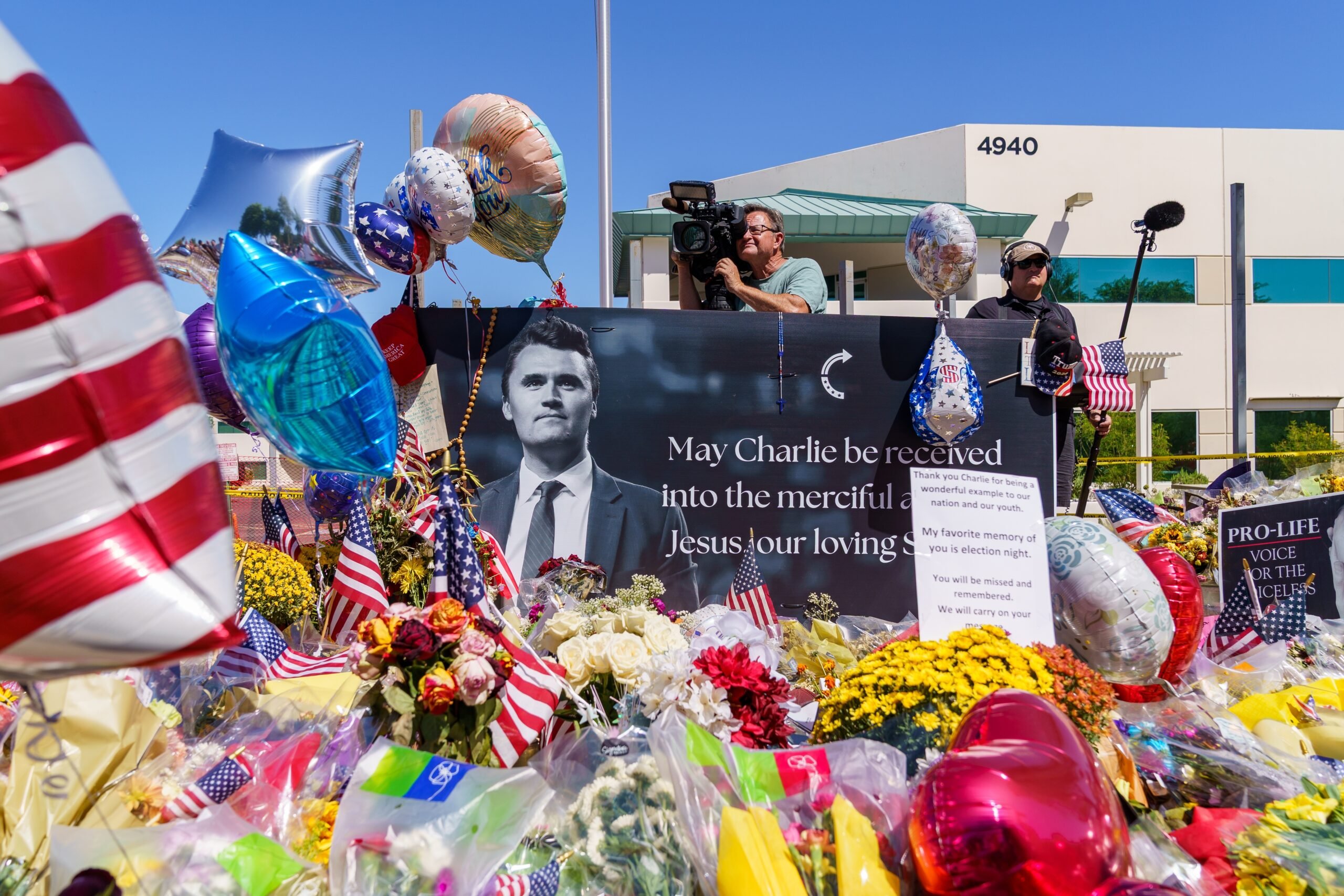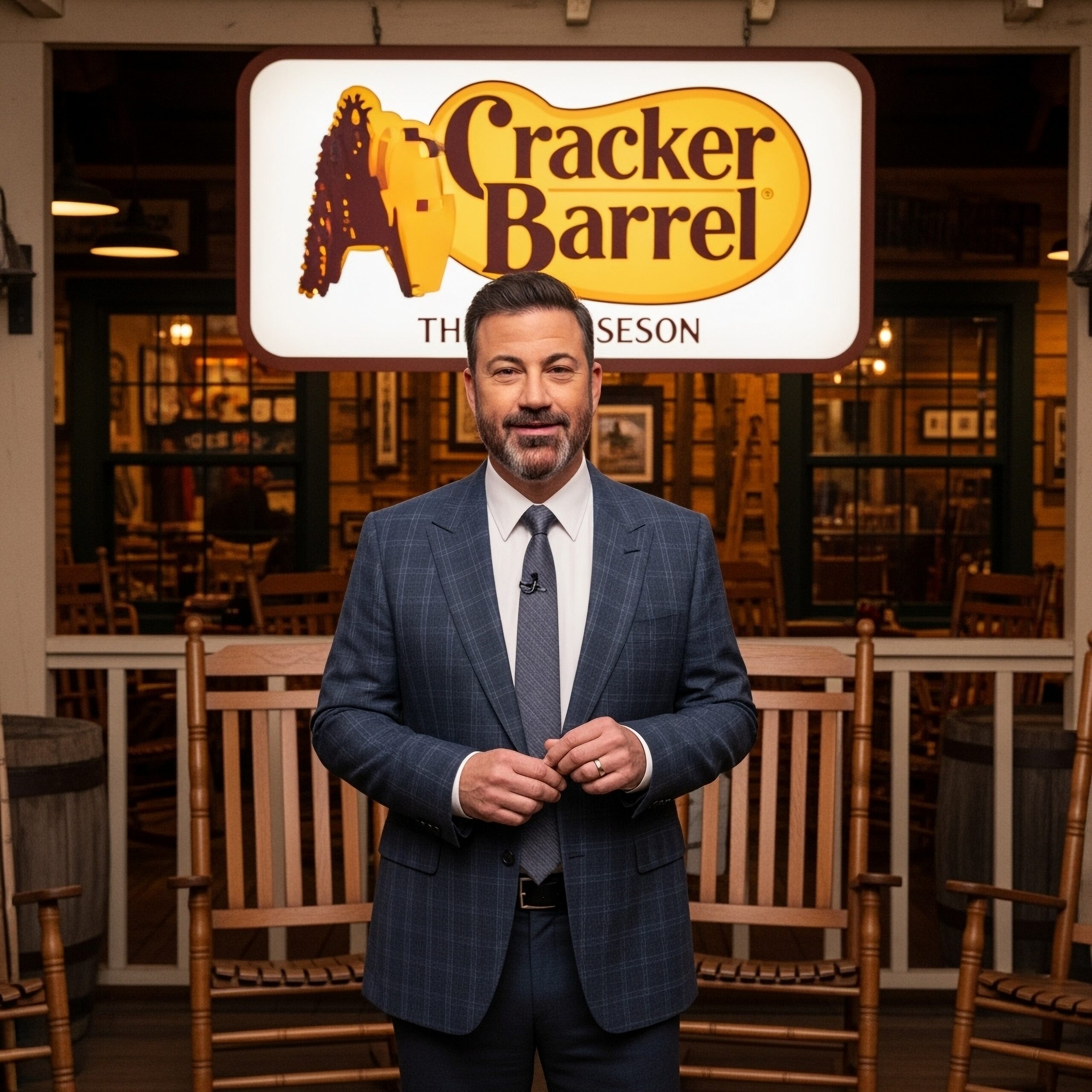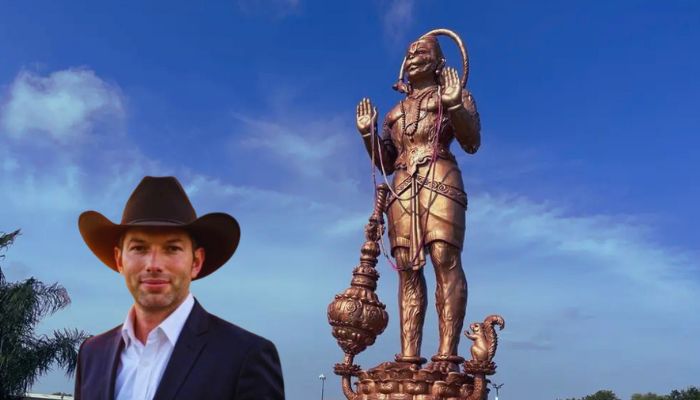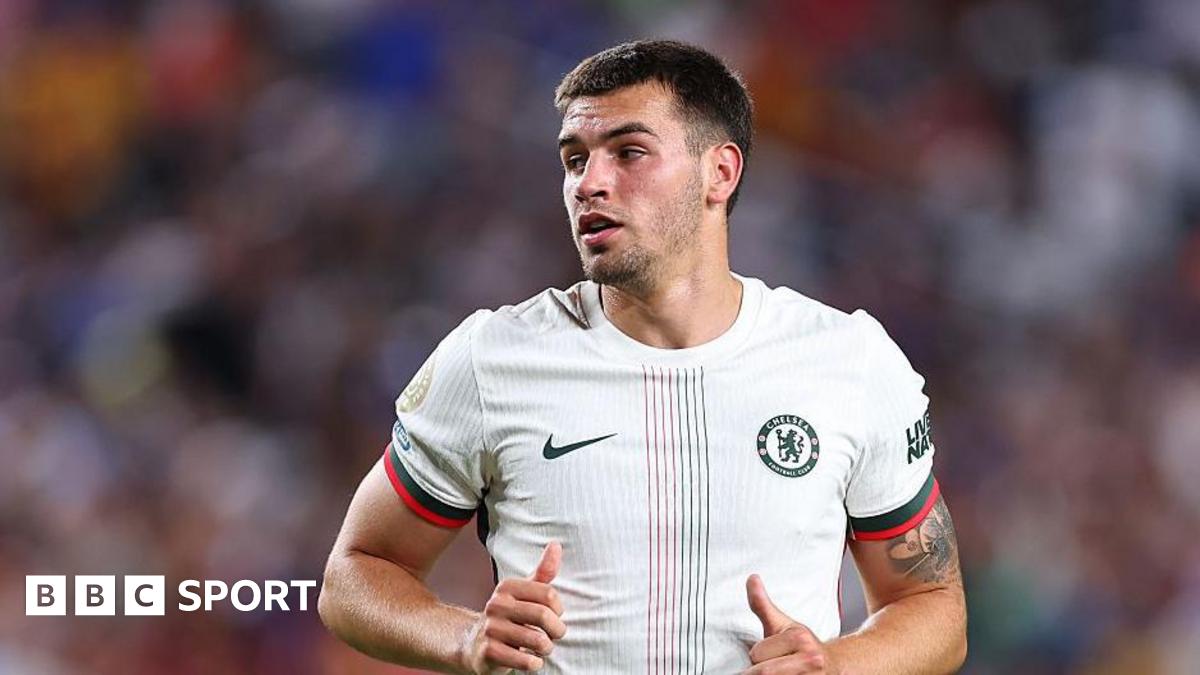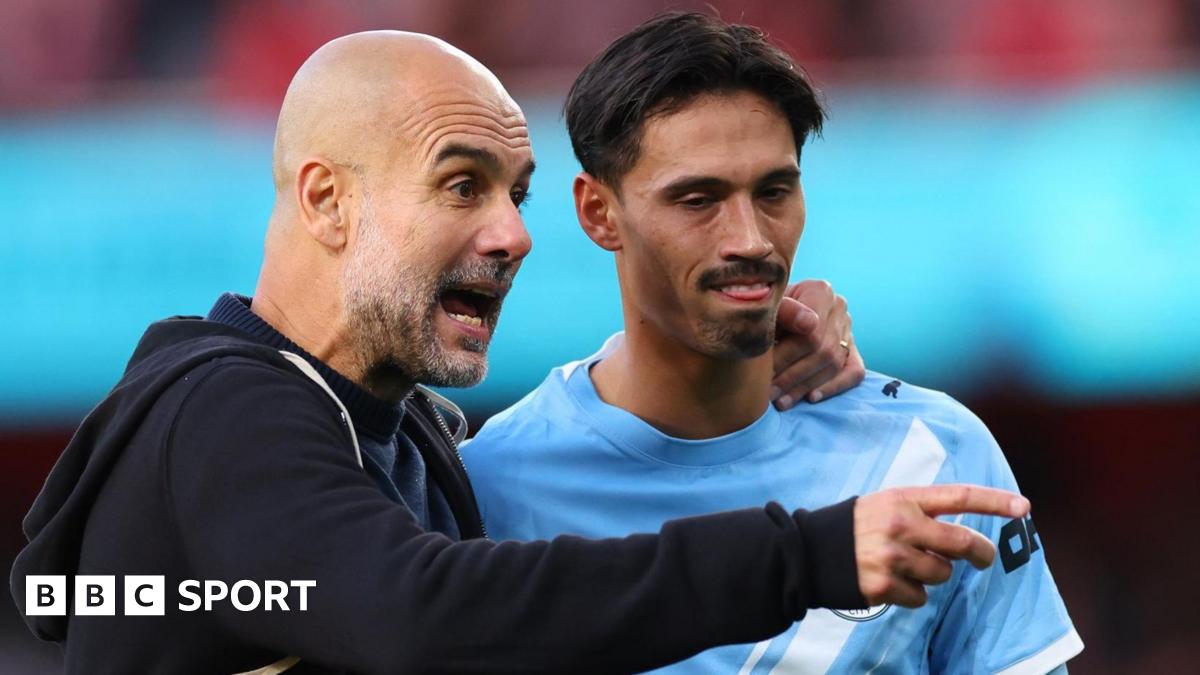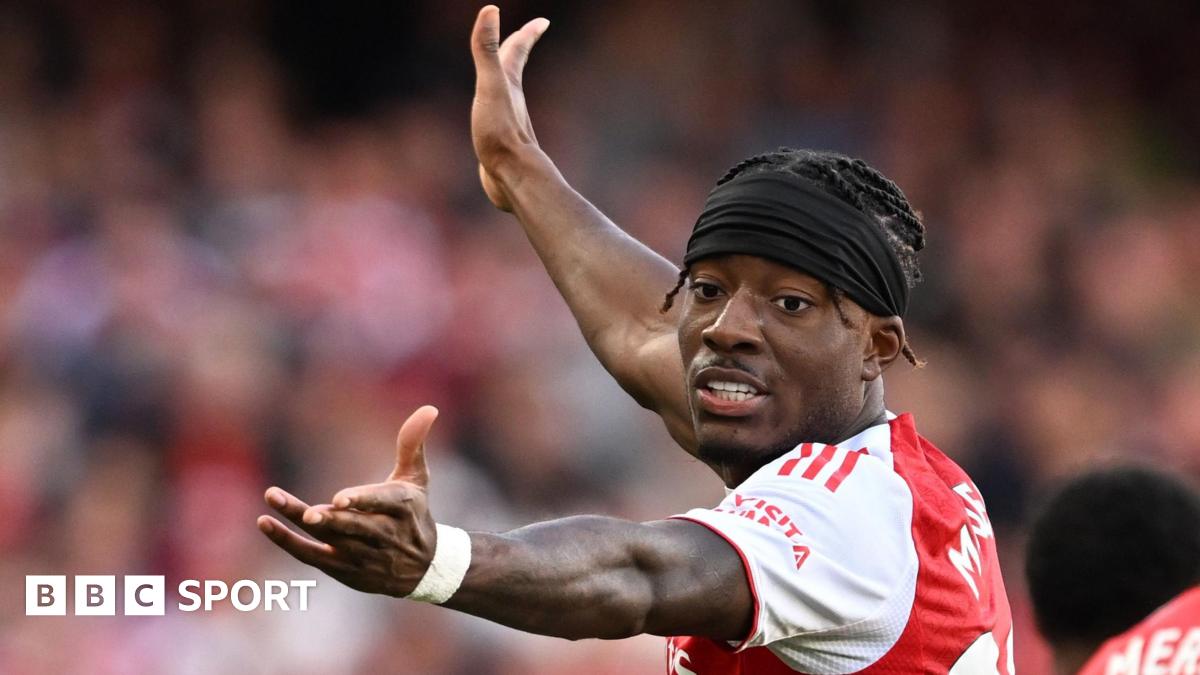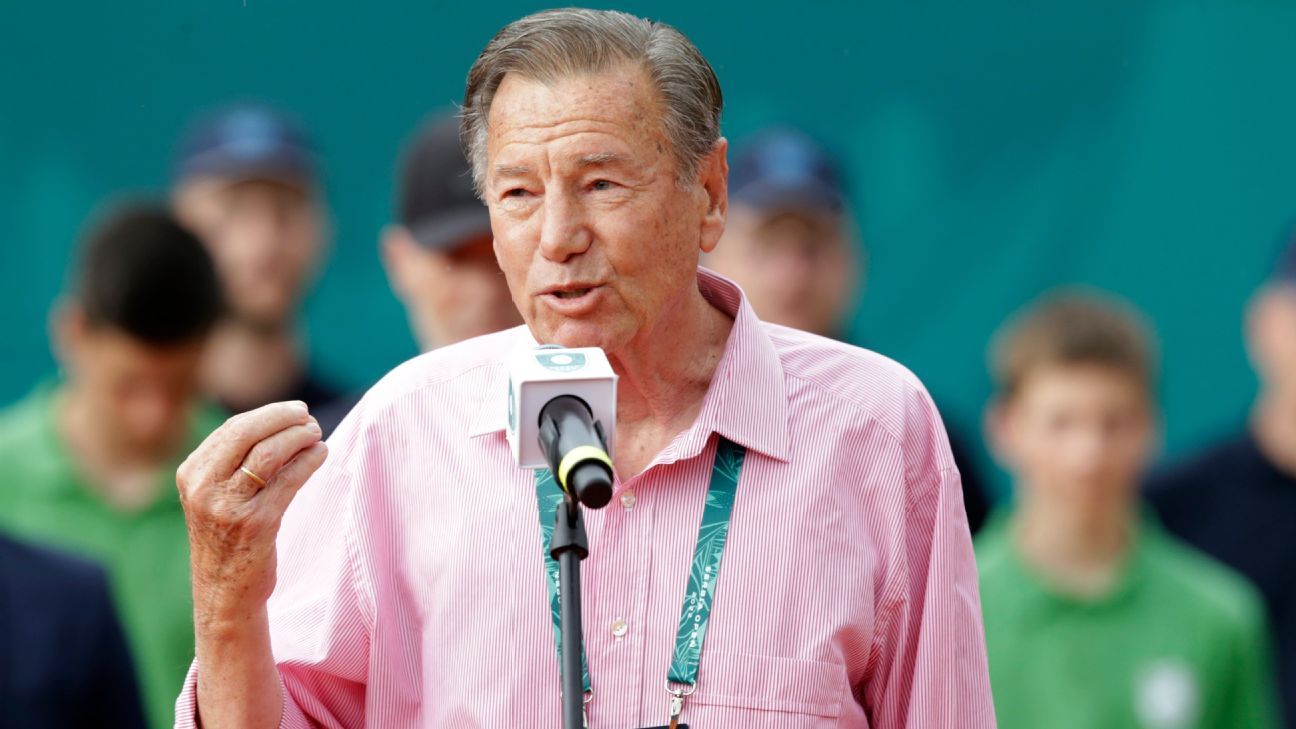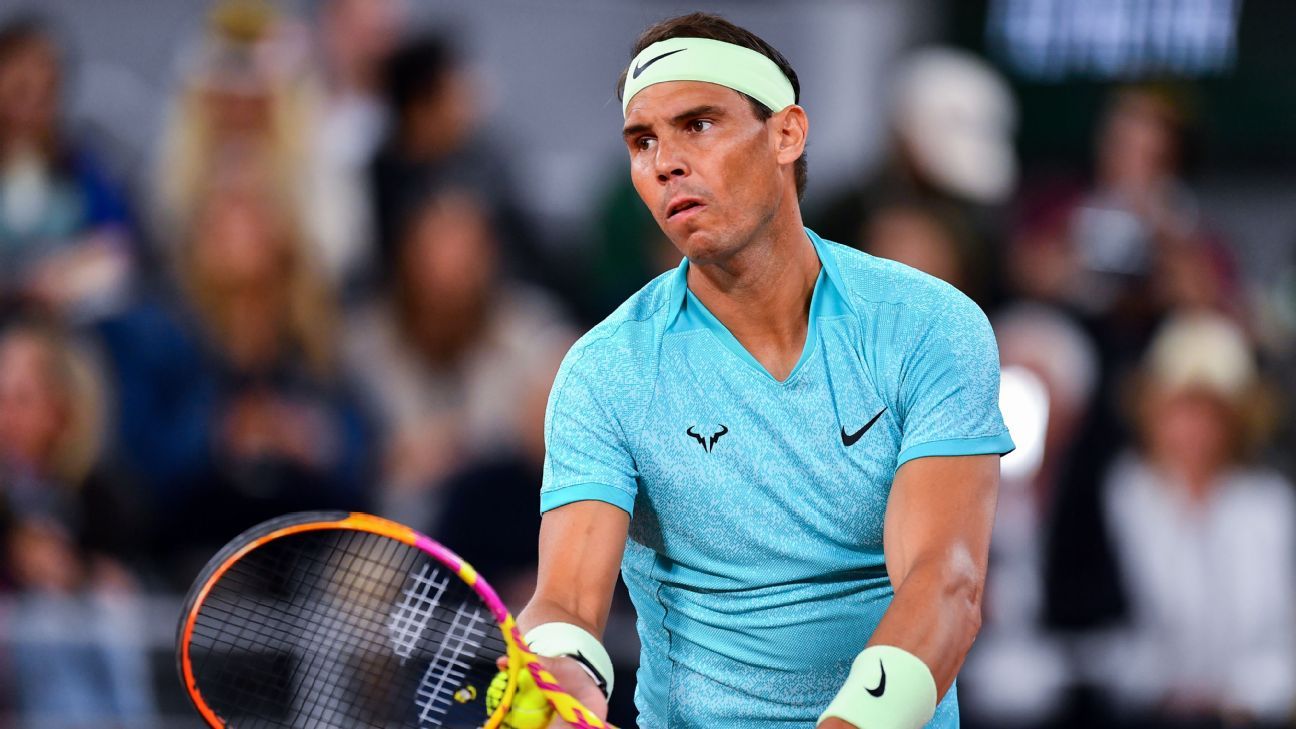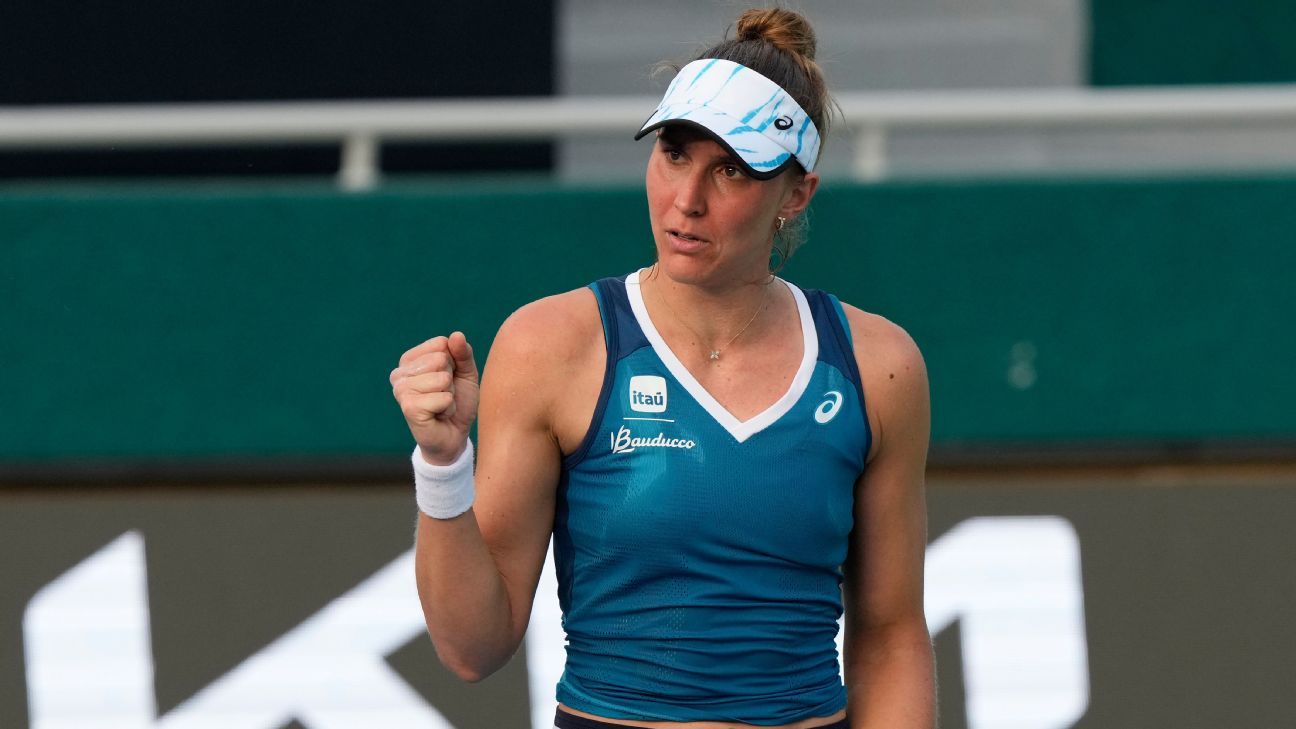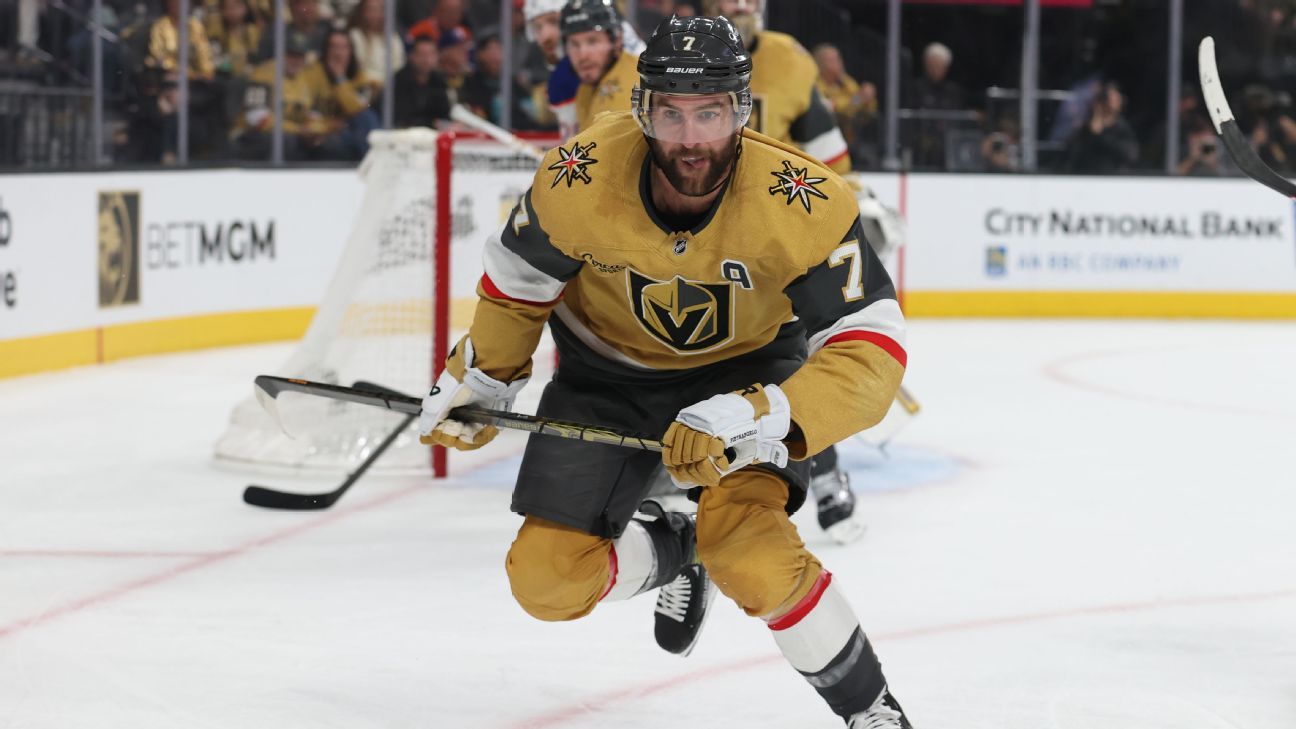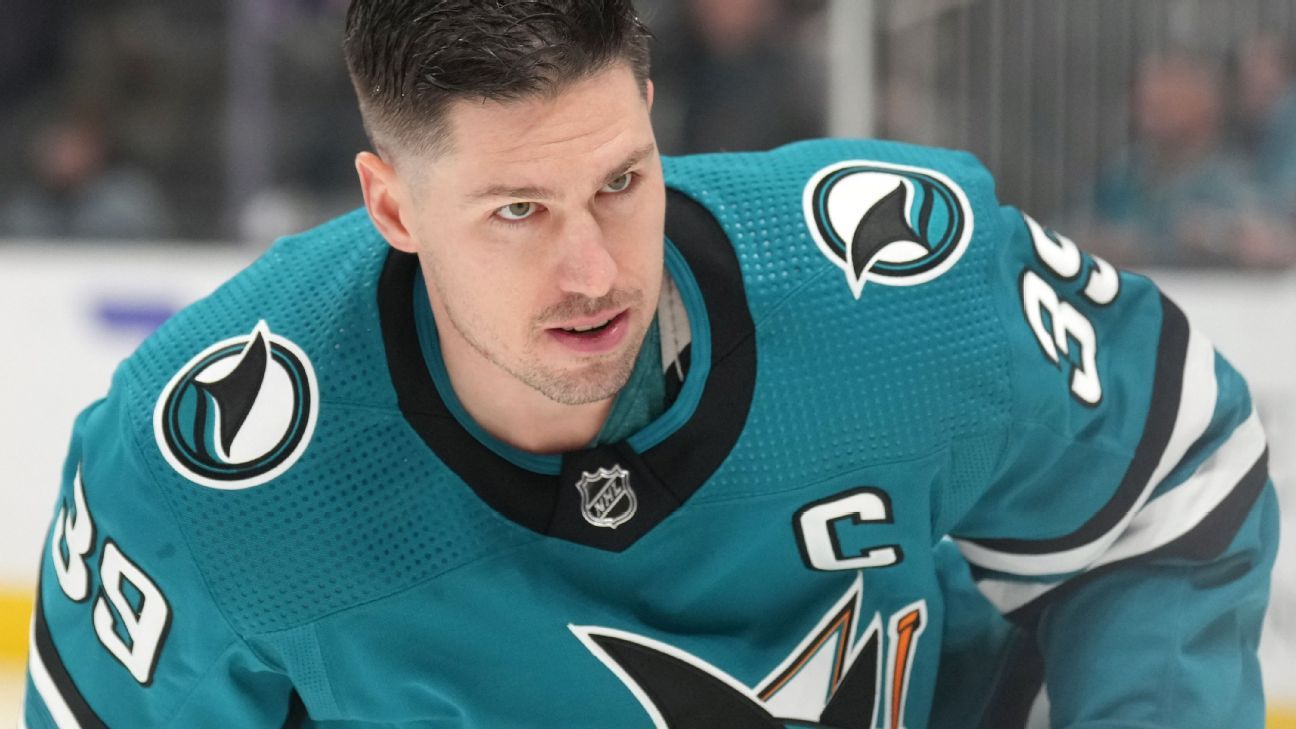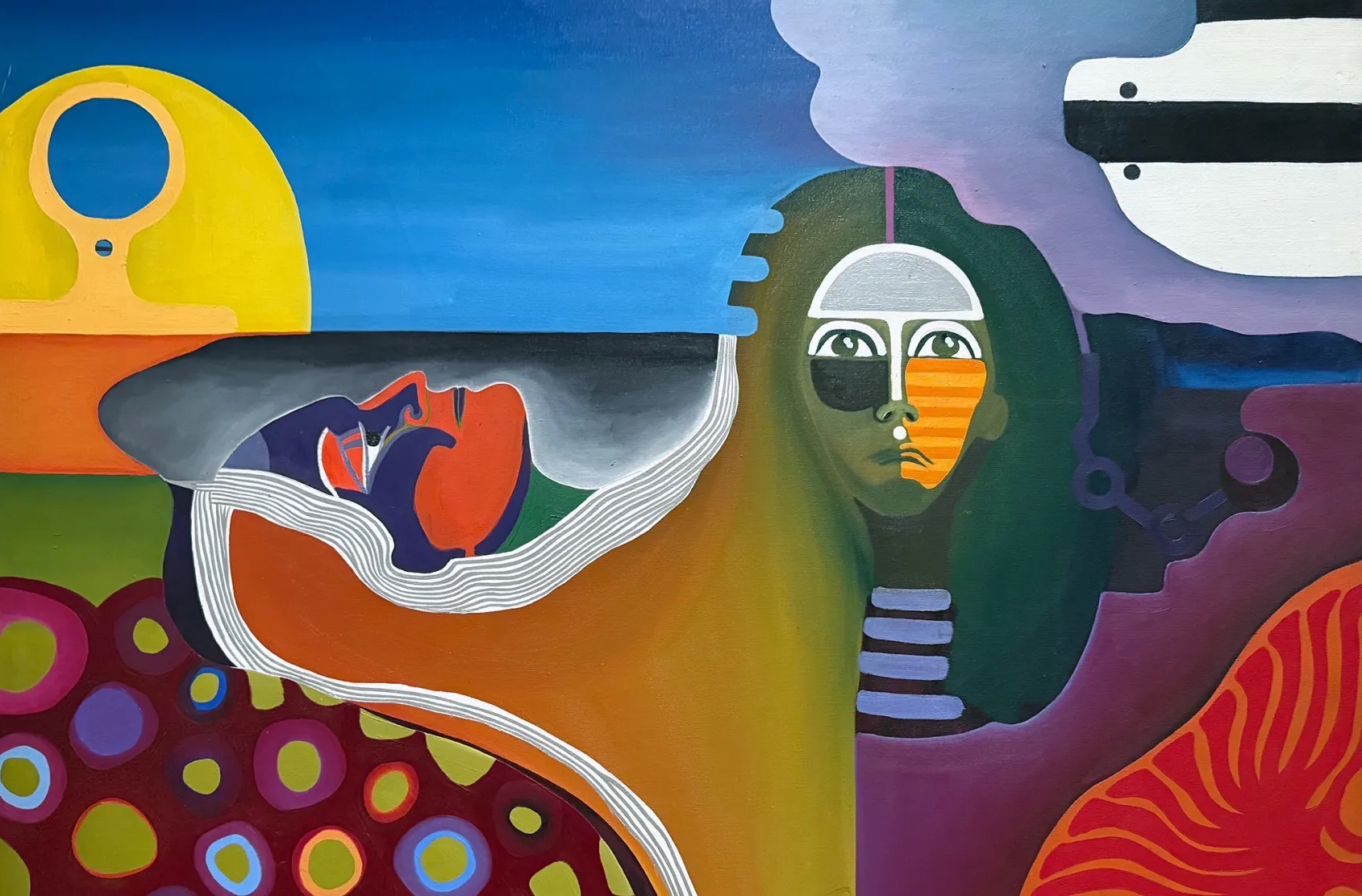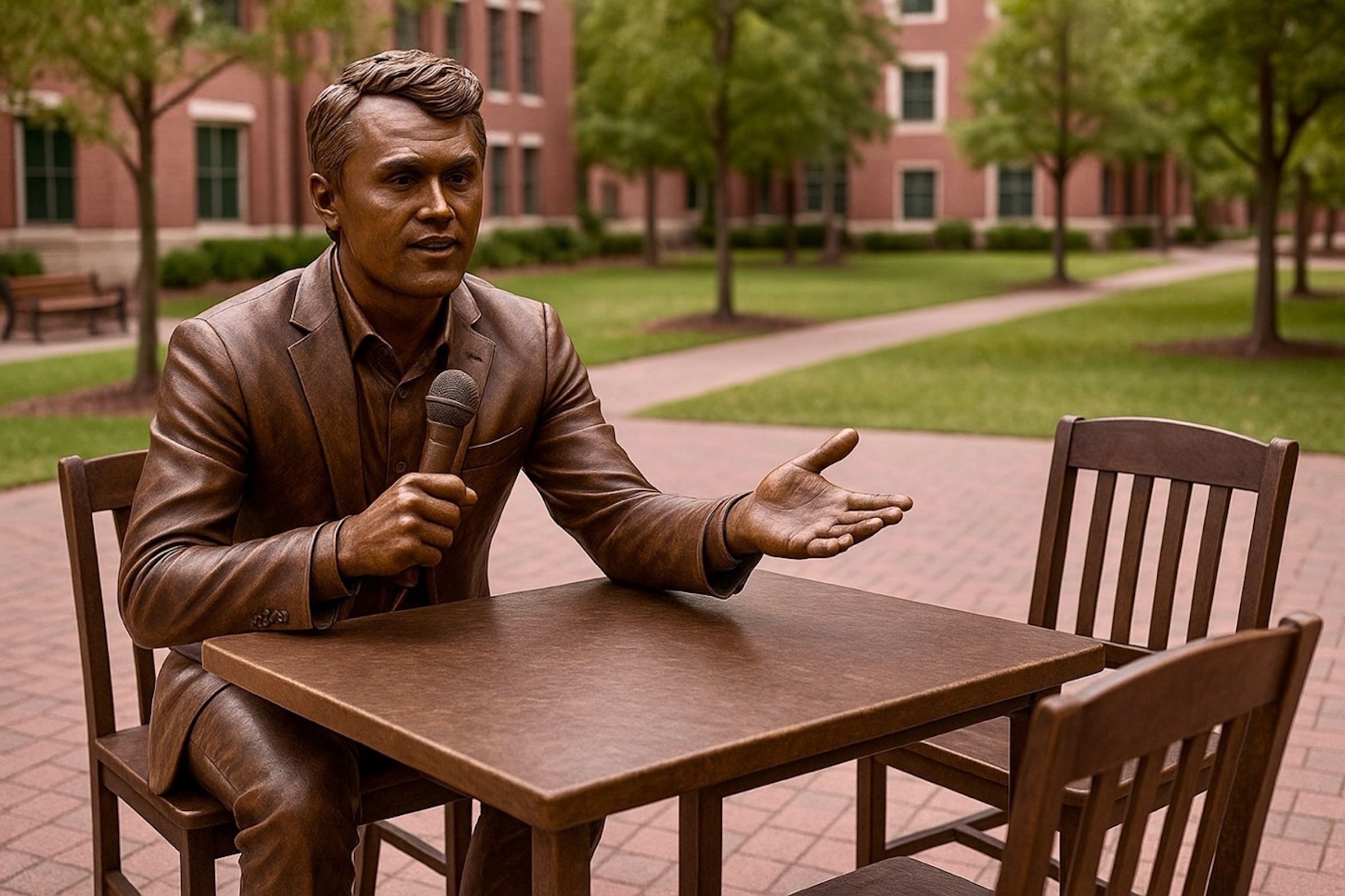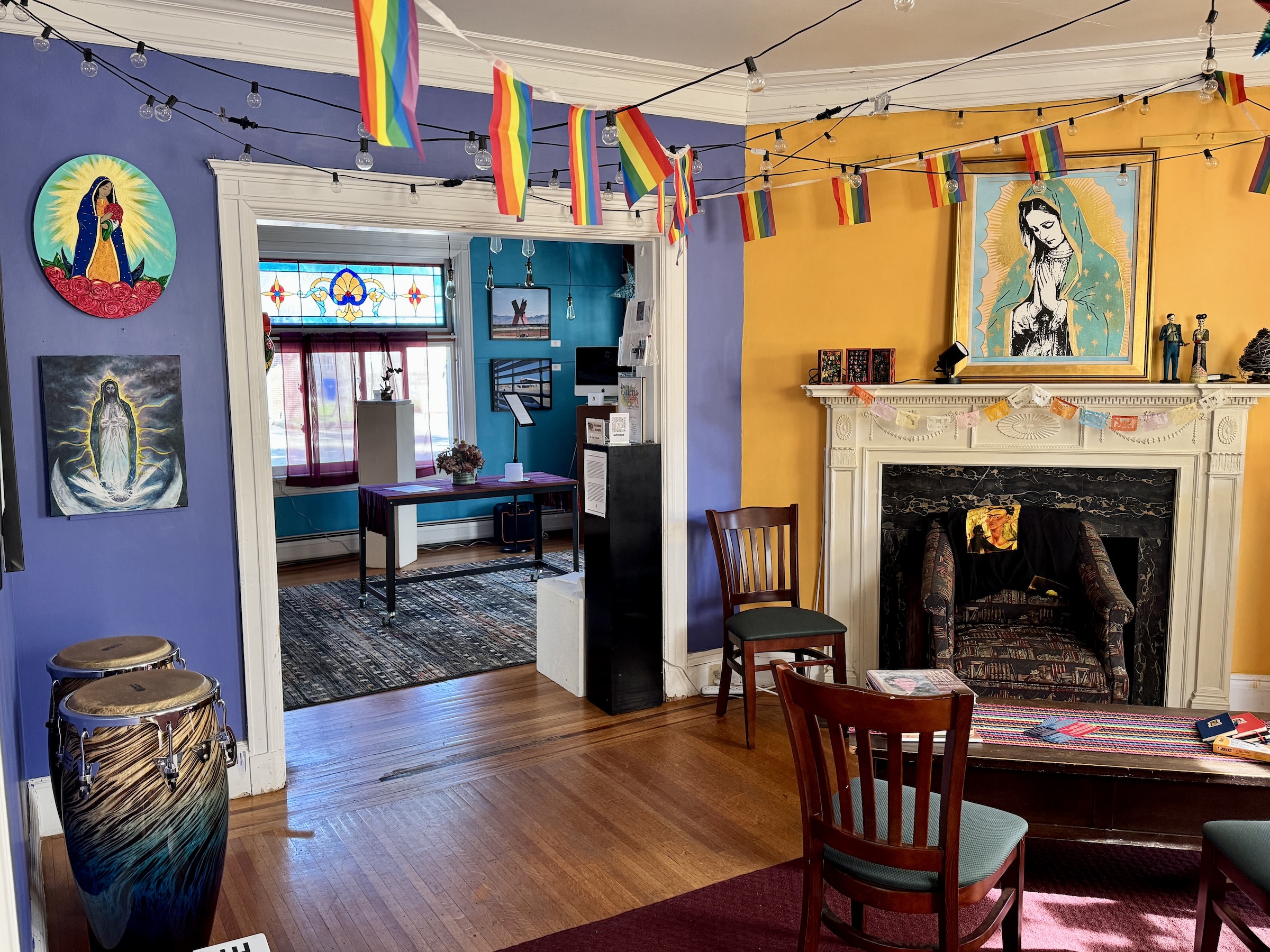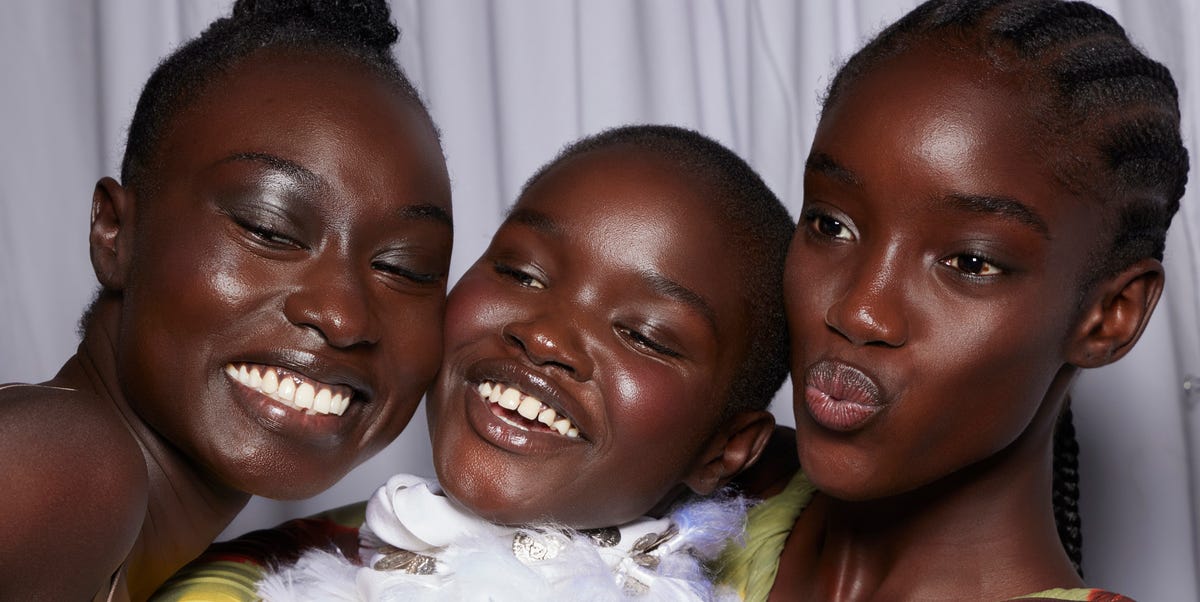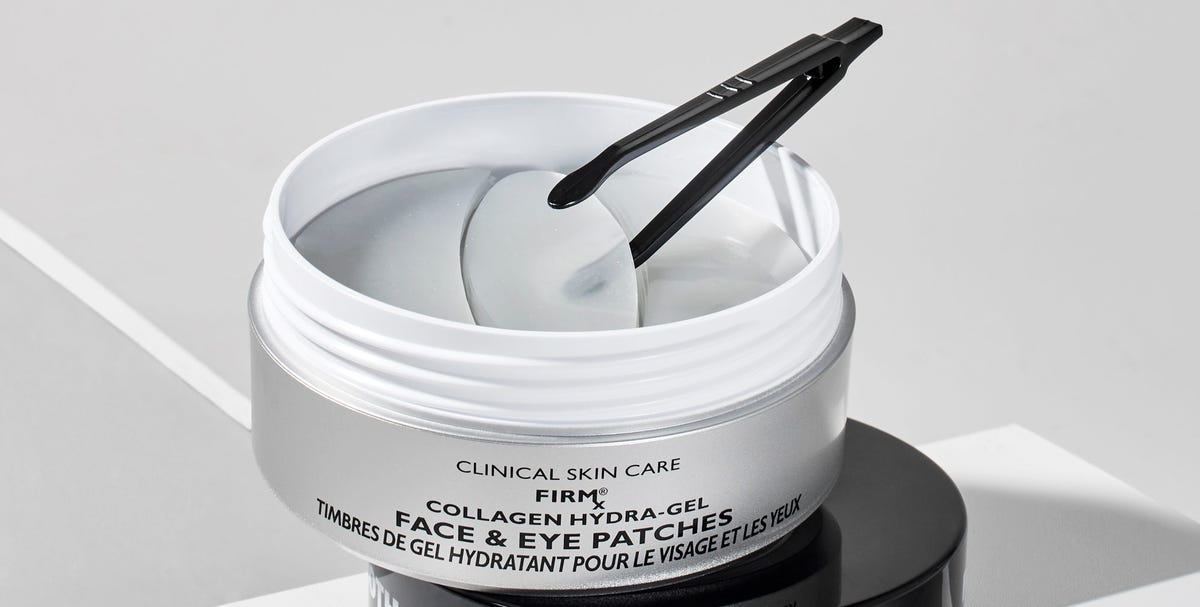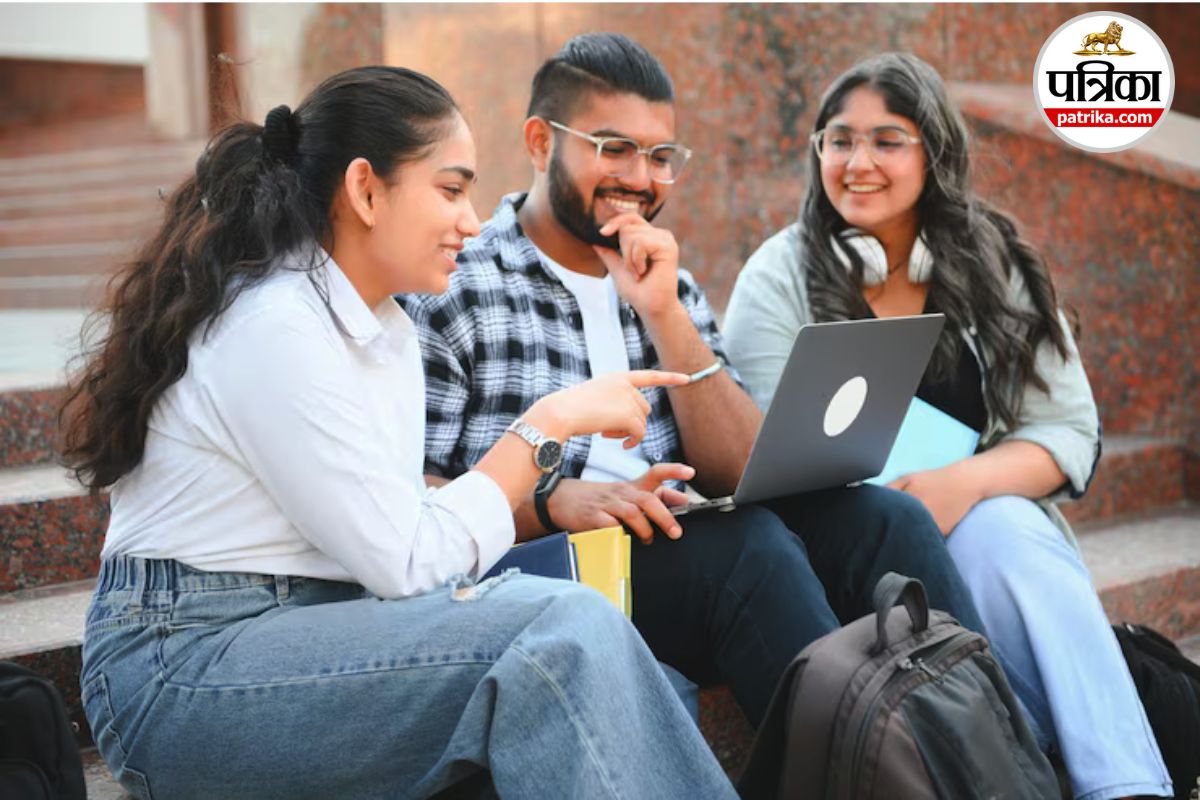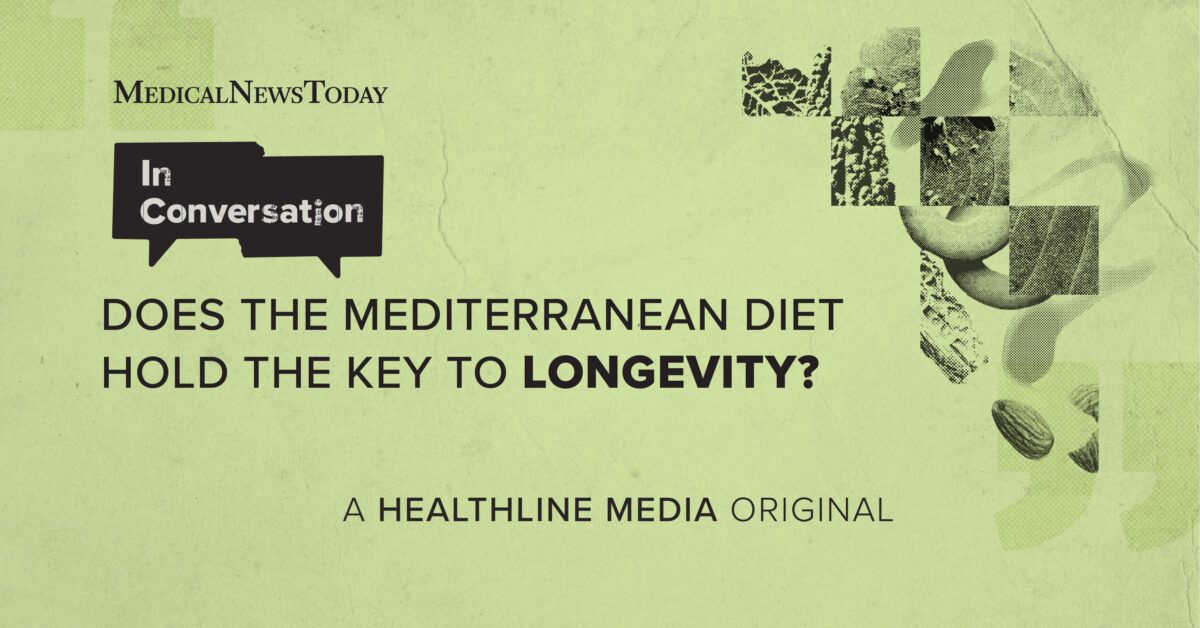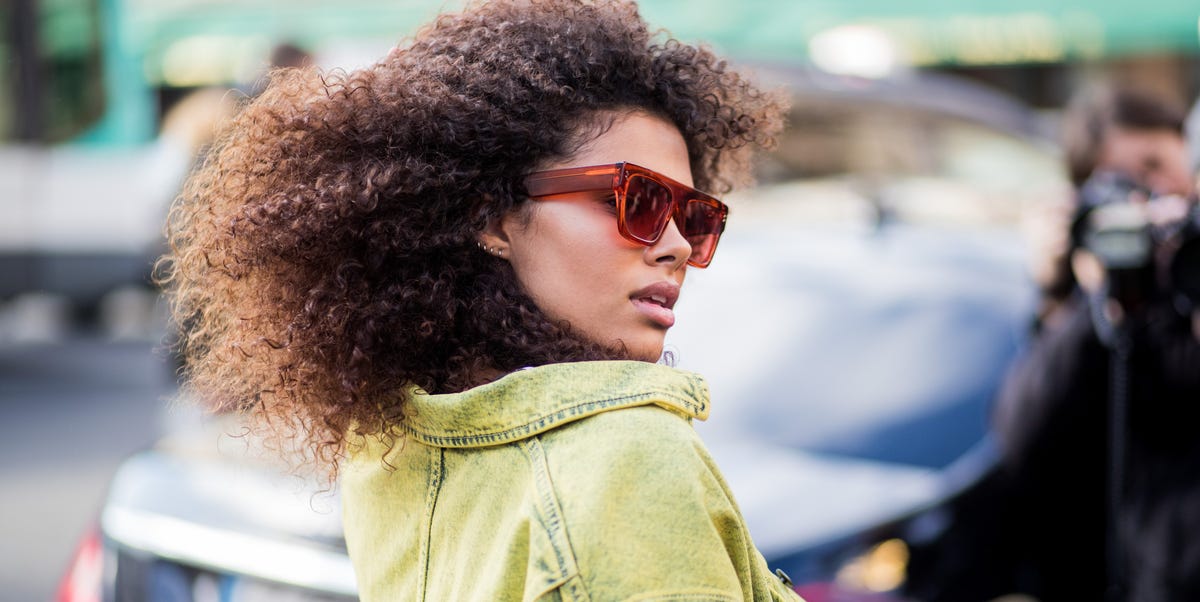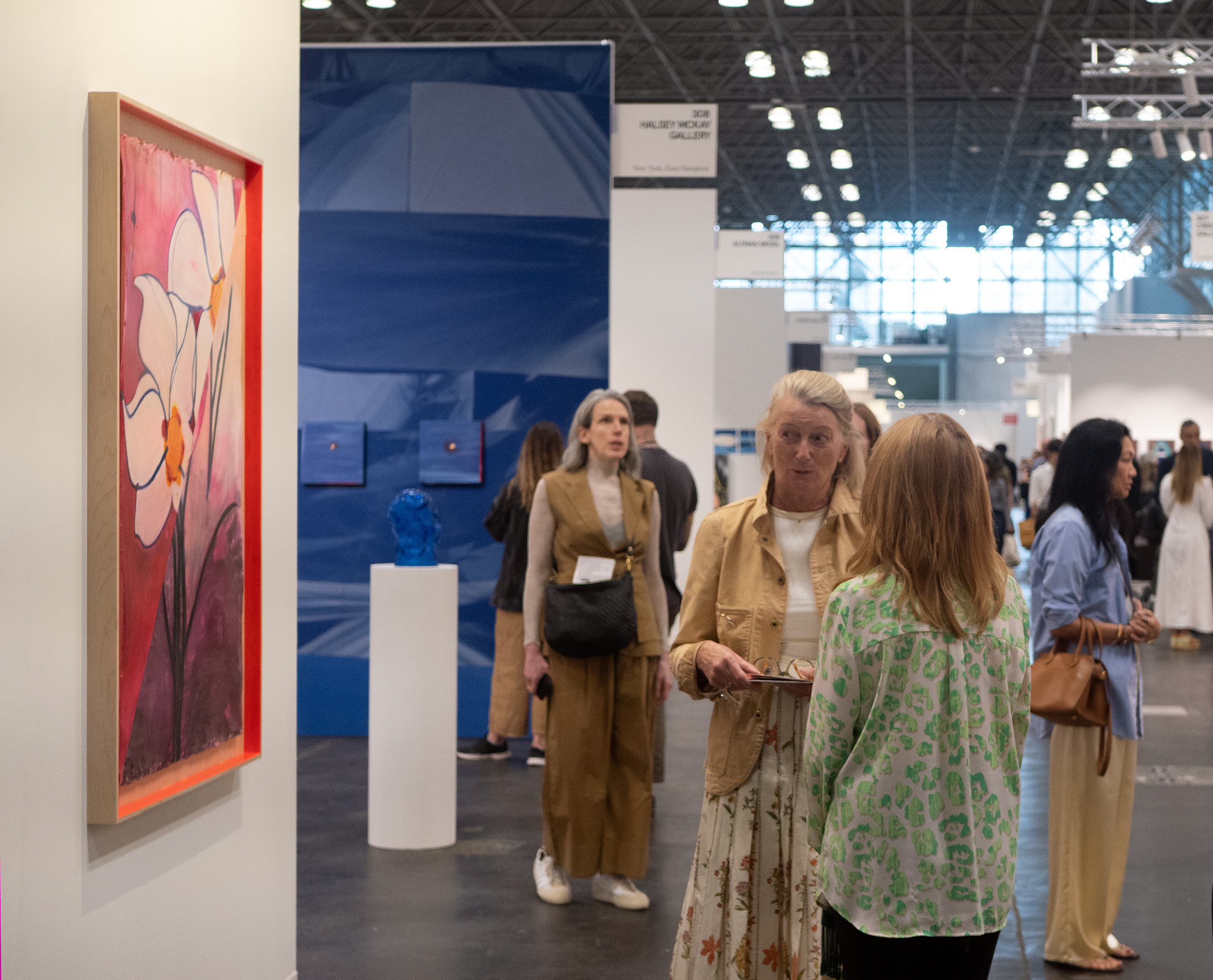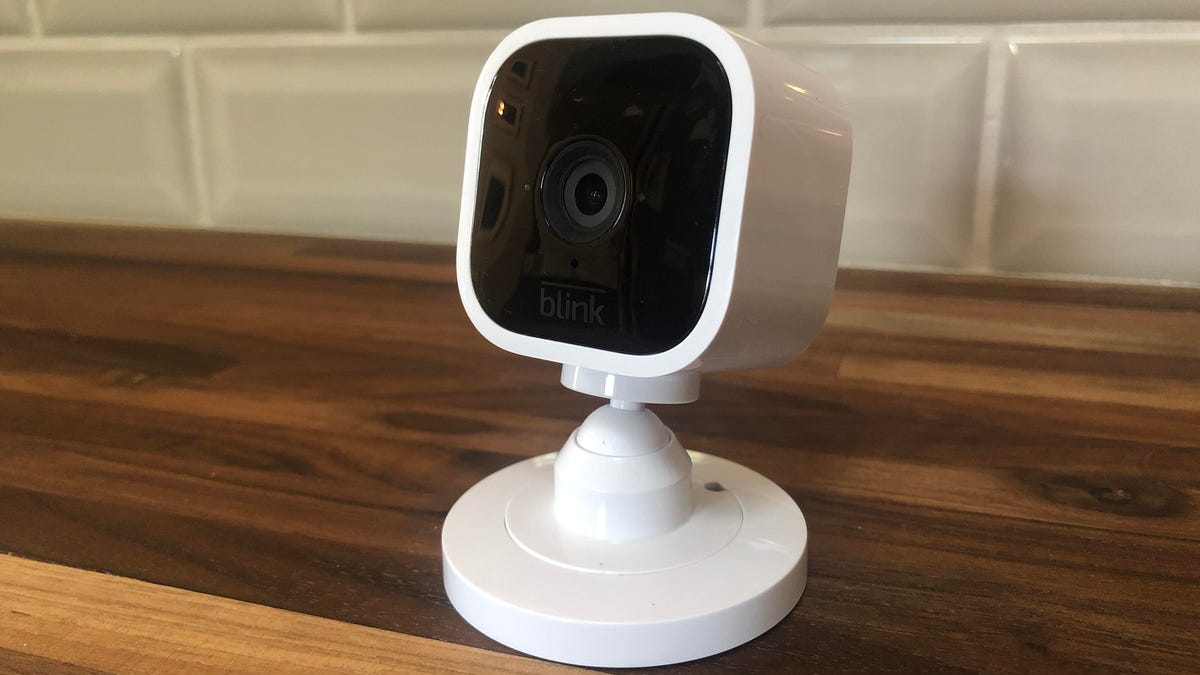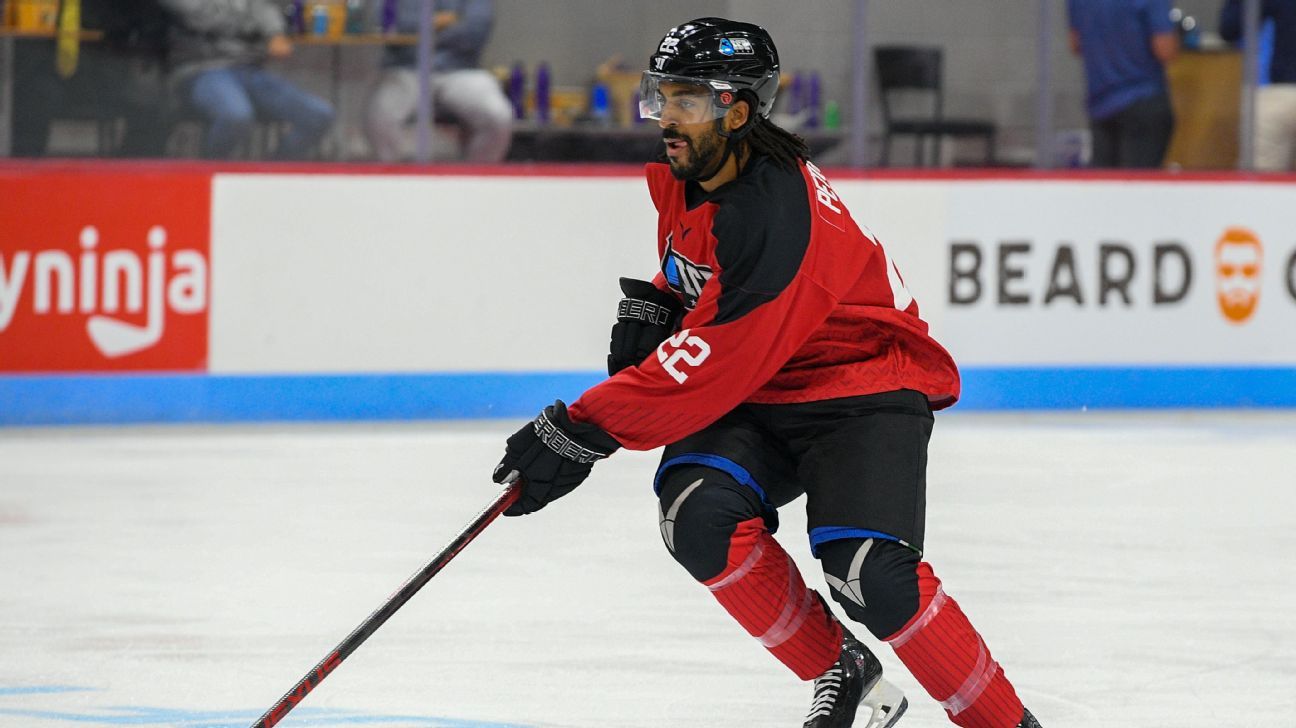Sorry, But Padma Lakshmi and Samin Nosrat Will Not Just ‘Stick to Cooking’
What is American food? Our cuisines are a lattice of Indigenous foods and colonization and immigration, questionable supply chains and riotous fusions. But some might argue there is no modern American food without Samin Nosrat and Padma Lakshmi. The former’s Salt Fat Acid Heat is the food world’s Encyclopedia Britannica, an at once breezy and […]


What is American food? Our cuisines are a lattice of Indigenous foods and colonization and immigration, questionable supply chains and riotous fusions. But some might argue there is no modern American food without Samin Nosrat and Padma Lakshmi. The former’s Salt Fat Acid Heat is the food world’s Encyclopedia Britannica, an at once breezy and meticulously researched tome that really could be the only cookbook you’d ever need. Meanwhile, the latter’s Top Chef and Taste the Nation made her the face of America’s foodways, the person whose tastes guided a whole TV-watching generation.

Lakshmi’s next cookbook, Padma’s All American, out November 4, features stories and recipes from her journeys with Taste the Nation. Samin’s Good Things, out now, is an ode to the care and beauty that comes from cooking for the ones you love. But both, they say, are intensely personal works, which led to a lot of pressure. When your audience has been waiting with anticipation for years for your next move, how do you move through those expectations while staying true to yourself? How do you even know what you want to say? The two spoke to each other for Eater about navigating grief, creating the work they want to see in the world, and why there is no such thing as just “sticking to cooking.”
Samin Nosrat: I just got your beautiful book last night. Ours are very different books, but I felt like there were some similarities.
Padma Lakshmi: I feel like I’ve been pregnant for seven years, and having actually been pregnant, this was way worse. I’m also really excited to get [Good Things]. I love Salt Fat Acid Heat so much, especially listening to the book. I learn auditorily because I’m dyslexic. I would be on the treadmill and zone out and hear your soothing voice.
SN: This [book] is the most personal you’ve gotten, even though you’ve written a memoir. That was the other thing that felt similar, because in my book I talk frankly about a lot of insecurities and grief in my life.
“In my book I talk frankly about a lot of insecurities and grief in my life.”
PL: I would say this is the most personal book I’ve written. For so long all people saw of me was Top Chef, and that was a very slim version of who I am. Each recipe is about someone else, but it was a way to sort of reveal myself through revealing others, if that makes sense.
SN: Part of my discomfort with recipes and my insecurity is it feels like I’m saying the same stuff over and over again. Even when I had a column at the Times, I had this friction in my belly. The way I got around that was writing about this thing that I ate and the person that made it, and made the story about them. It’s a secret way for me to share all these stories.
PL: I’m so relieved and comforted by that, because I feel exactly the same way. I was worried about, Am I just banging the same drum? My daughter, who’s a teenager, is always like, “Why are you writing another cookbook? Do people even buy cookbooks?” I’m like, “Girl, who do you think paid for your shoes?” But I think that serves us well as food writers, because any recipe you want is available by Googling it. But what’s not Googleable in your case, Samin, is your palate. It’s that recipe translated through your point of view. You were this ghost on my shoulder a lot, because I love Persian food, and when I was doing my fesenjoon recipe, I read yours and was like, Mine is way more simple than that! I had to talk myself off a cliff.

SN: You know what’s funny with those Persian recipes? I got pressured to do that package [in the Times] and I kept saying I’m not a Persian expert. I didn’t grow up in Iran, I grew up eating my mom’s food; those are her recipes. My mom did not cook in Iran. She cooked when she came here. So Iranians look at what she does, and they’re like, “This is not traditional or accurate.” I get so much flack, so you should feel fine.
PL: I am from deep South India. If you ask five aunts of mine, who all actually cooked in the same kitchen, one would be like, “You need to add jaggery” and another is like, “No you never add that.” Everyone’s always asking me to write an Indian cookbook. I’m so uninterested in that.
SN: In your introduction, you say, if you open any weeknight recipes cookbook today, you see gochujang and kimchi. And you say these are American ingredients. I remember in the late ’90s some news broadcast saying salsa has overtaken ketchup as the most popular condiment in this country. You contextualizing it in that way was really helpful for me, because I will think I have no business writing without creating a wide history. But it helps to think that “American” is so multifaceted.
PL: I’m sure you get this too, but a lot of times I’ll post something, and people are like, “Just stick to cooking.” That gets me really mad. I came here when I was four, and now people are nice to me, but I still know how they treat my mom. I feel like I have a right to talk about what is American.
“A lot of times I’ll post something, and people are like, ‘Just stick to cooking.’ That gets me really mad.”
SN: I sold my book in 2019, but it changed so many times. Originally it was going to be another big philosophical tome called What to Cook, and it was going to use four major elements to help you ground your decision making: How much time do I have? What do I have? Who’s coming over and what do they want to eat? But once I started to work on it, I was like, This is gonna take another 20 years. And I also had my own issues. Very quickly, I went from being an invisible person in the world to a very visible person. I didn’t have coping skills for it. I hadn’t created a richly grounded life before that. I had all of this attention and praise, and I felt so sad and depressed inside. But nobody wants to hear you complain about how bad you have it when you’re this darling.
I didn’t feel connected to food in any meaningful way: truly, the amount of boiled broccoli I ate for dinner. I had to turn something in, but it was not reflecting anything real in my life. It took a long time to process my actual grief, reorient myself toward some sense of meaning, which has been friendship and community. It’s not that I don’t care about food, but the focus has shifted away from what’s on the table to who’s around the table.
PL: I remember hearing you say that you wanted it to be a memoir as well, but you didn’t know how to join the two, and I relate to that. It’s very hard to do that seamlessly. But I was interested in when you decided, No, I can’t do both.
SN: Part of it was my dad — who was not a great human — was dying in this soap opera melodramatic way. It consumed my reality so intensely that I thought I had to incorporate it. But every time I’d sit down I’d be like, My abusive father was dying and I was feeding him watermelons. This feels like a lot to put in a headnote! But there were a variety of stages for me to shed the memoir.
PL: The last book I did, The Best American Food and Travel Writing, I wound up writing a memoir piece about my father. And my father was pretty much a piece of shit, too. He died, and I didn’t hear about it for a year, and what really bothered me was how much it bothered me. I was trying to grapple with that grief. I was like, Fuck it, if this is what’s on my mind, then this is it.

SN: Your last three books are 30,000-foot [bird’s-eye] views of America. I feel like you’re an American scholar now.
PL: Growing up, everyone kept telling me how not American I am. Now, of course, I don’t listen to them. But I think this question of identity is something that many of us who are immigrants or have immigrant parents, or have biracial children, deal with. It’s probably the central question of our lives. I think anybody can cook, as Ratatouille says, but I do think we all arrive at the stove not only with a different body of knowledge, but taste, memory, experiences. So I want you to know exactly why I salt seven times during a recipe.
SN: I salt every step of the way!
PL: The one thing that I do resent, and maybe this is my age, is the pressure of social media. It’s getting to know other influencers, and making sure you talk about your book, it feels so self-aggrandizing. Social media has allowed a lot of us to find a community. I feel much less othered now, because I have people from the Indian diaspora all over the world communicating with me. But it is a pressure. It’s a whole other full-time job and frankly, I have a job. I have a woman who sits in my office and all she does is edit my videos because I can barely eke out my fucking emails.
SN: I will say I have very much enjoyed your daughter’s flat tone on Instagram. It’s fun to watch.
“The one thing that I do resent, and maybe this is my age, is the pressure of social media.”
PL: She doesn’t like to cook with me. She says I’m overbearing. She’s just like, “Can we conclude this TED talk about za’atar?”
SN: I’ve had so much opportunity because of social media. A brown girl working in a kitchen would not have had this opportunity if it weren’t for the internet. I’m aware of that. And also I feel like it’s taken a turn, and it makes me sad for everyone trying to figure out this tool that for a long time was helpful and wonderful, that feels so overtaken.
I sold my book in one climate, and it’s coming out in a totally different climate. Already in marketing, it’s not like, “We got this amazing press print feature!” It’s, “You’re gonna do this social media spot with this influencer!” In therapy yesterday, it was like, How do I protect myself from riding the wave of every bit of feedback? I actually enjoy it if someone’s consuming the work and has something valuable to say, positive or negative. But it’s just the onslaught of feedback and commentary and even press, I just can’t.
PL: I’m with you. I never watched Top Chef, except for the times I had to sound edit my parts, because I would obsess about everything, and it wasn’t healthy. With the book I was fretting over every layout and every picture. But I was really burnt out, and I went through a little personal crisis, because the last five years I was on the road, eight months of the year between both shows, and something had to give. I didn’t know that Taste the Nation was not coming back when I quit Top Chef. And I’m glad because I don’t know that I would have had the courage to quit Top Chef otherwise. I don’t think I would have gotten this book done if I didn’t have the last almost two years of white space in my schedule. Psychically, that was very good for me.
SN: And now there’s a new show, right?
PL: I said I would never do a competition show again. But I’m excited about this one because CBS kept saying I could do what I want. I said, “Well, I want a million dollars to give away.” And they said okay. I do think that this genre is ready for a refresh, and I’m hoping to be a catalyst for that. But, you know, ask me a year from now, I might be like, “Girl, I knew I shouldn’t have done it.”
It’s called America’s Culinary Cup. I wanted to stake that claim, because I’m tired of people telling me who Americans are. I want to create an American tradition that is uniquely based on regional foods, but also the international influences from immigrants, that reflects the way Americans eat in this country. I want to create an institution that, even if you don’t give a shit about being on TV, every chef will want to do it for the bragging rights in the way that an actor wants an Oscar or a singer wants a Grammy.
SN: I am so exhausted and thinking I’ll never write another book. But I have this pure love of making stuff. I don’t think I’ll ever stop making stuff to share with people. And I have the privilege of this platform. But there’s part of me that’s like, Maybe I’ll just disappear into obscurity and have a sandwich shop. No, actually, I’ll never open a food business.
PL: If you were teaching a course at NYU, I would sign up in a heartbeat. I love the way you speak about food. It’s not precious, but it’s very meaningful, and it has great depth to it. It’s an antidote to the influencer who’s gonna teach you how to make that five-ingredient cottage cheese thing.
This interview has been edited and condensed for clarity.
Shot on location at the Blue Room at the Nine Orchard Hotel in New York City
Featured ceramic artwork by Marc Calello, Lindsey Lou Howard
Prop stylist: Sarah Smart
Food stylist: Judy Kim
Hair & makeup artists: Lauren Bridges, Tiffany Patton
Wardrobe stylist: Marcello Flutie
Retoucher: Tomika Davis
Props: Bordallo Pinheiro, Houses & Parties




